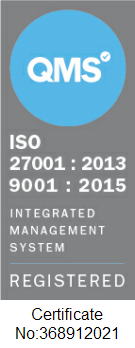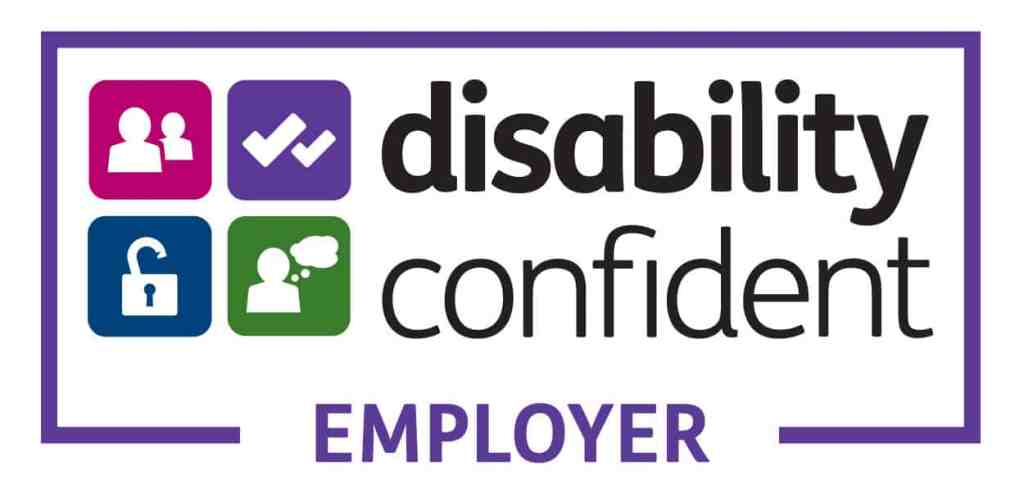By: Tosin Samuel Ojo, Senior Business Analyst at Nimble Approach.
A Business Analyst plays a crucial role in bridging the gap between business stakeholders and IT teams. Our ability to capture user needs/requirements, analyse business processes and provide strategic recommendations is instrumental in the success of a project
However, not all Business Analysts are created equal. In this blog post, we’ll explore 7 characteristics and behaviours that make an ineffective Business Analyst, the consequences of their shortcomings and how they can improve.
Lack of Industry or Domain Knowledge ❌:
One of the key responsibilities of a Business Analyst is to understand the industry or domain they’re working in. Every industry has different ways of working, knowledge, acronyms and challenges. An ineffective Business Analyst may lack the necessary industry and domain knowledge, which hampers their ability to comprehend complex business processes, identify the best goals and make informed decisions. Without this understanding, they may struggle to gather accurate requirements, resulting in incomplete or misguided solutions.
Improve Domain Knowledge ✔️:
Invest time in gaining domain knowledge through document analysis, research, reading industry publications, attending relevant workshops or conferences and seeking guidance from subject matter experts. This will enable a better understanding of the industry and business context and allow for much more effective analysis.
Poor Communication Skills ❌:
Effective communication is paramount for a Business Analyst to succeed. Unfortunately, a bad Business Analyst may lack strong communication skills. They may struggle to articulate ideas clearly, misunderstand stakeholder requirements, or fail to convey technical information in a way that non-technical stakeholders can understand. This miscommunication can lead to confusion, delays, and ultimately, an ineffective solution.
Improve Communication Skills ✔️:
Focus on enhancing communication skills through active listening, clear and concise writing and effective presentation techniques. Seek feedback from others and practise your communication in various scenarios.

Inadequate Analytical or Problem-Solving Skills ❌:
Analytical thinking is a critical aspect of a Business Analyst’s role. A bad Business Analyst may lack the necessary analytical skills to dissect complex problems, identify patterns, and recommend appropriate solutions. Without this analytical prowess, they may make incorrect assumptions, overlook essential details, or fail to identify the root causes of business challenges.
Improve Analytical and Problem-Solving Skills ✔️:
This can also be improved by practising data and business analysis, problem-solving exercises, and case studies. Stay updated with industry trends, best practices, and analytical tools i.e. Root cause analysis, Ishikawa Fishbone, SWOT analysis etc. Consider pursuing relevant certifications or professional development courses to strengthen analytical capabilities.
Incomplete or Poor Documentation ❌:
Documentation is the cornerstone of the business analysis process. It helps capture and communicate requirements, user stories, and other project artefacts. An ineffective Business Analyst may exhibit poor documentation practices, leading to incomplete or ambiguous documentation. This lack of clarity can cause confusion among stakeholders, hinder collaboration with development teams, and result in the delivery of inaccurate or incomplete solutions.
Improve Documentation ✔️:
Develop strong documentation and organisational skills. Establishing standardised templates and guidelines for documentation. Also, utilising tools and software to streamline information management and maintain a structured approach to documentation.
Ineffective Stakeholder Management ❌:
Stakeholder Management is a critical skill for a Business Analyst. An ineffective Business Analyst may struggle to identify the right stakeholders, establish strong relationships, or manage their expectations effectively. This can lead to misunderstandings, conflicts, and a lack of stakeholder buy-in, ultimately derailing the project and impacting its success.
Improve Stakeholder Management ✔️:
Focus on building strong relationships with stakeholders, understanding their perspectives, and involving them in the analysis activities. Use effective techniques such as interviews, workshops, and regular communication to ensure continuous engagement and alignment
Lack of Attention to Detail ❌:
Attention to detail is vital for a Business Analyst to capture accurate requirements and ensure the quality of deliverables. An ineffective Business Analyst may have a lack of attention to detail, resulting in missed requirements, incorrect assumptions, or inconsistencies within the project documentation. Such oversights can lead to costly rework, delays, and a loss of credibility with stakeholders.
Improve Attention to Detail ✔️:
Develop a structured and systematic approach to work. This can be done by simply breaking down complex tasks into smaller, manageable steps. Also, by creating a checklist or templates to ensure that all necessary details are captured, addressed and documented. Enhancing one’s active listening skills by paying close attention to details shared, asking clarifying questions and taking thorough notes to capture important information accurately.
Resistance to Change ❌:
The business analysis field is constantly evolving, with new methodologies, technologies, and approaches emerging regularly. It would be unthinkable that an agent of change is resistant to change right?! That’s what I thought too! An ineffective Business Analyst may be resistant to change, sticking to outdated practices or resisting the adoption of new tools or techniques. This resistance hinders innovation, limits their ability to provide valuable insights, and prevents them from keeping pace with industry trends.
Improve Resistance to Change ✔️:
Improve your resistance to change by cultivating a growth mindset and embracing change as an opportunity for learning and improvement. Staying updated with emerging trends, methodologies, and technologies in the field. Every Business Analyst should be open to feedback, continuously seek professional development, and embrace agile practices to adapt to changing business needs.
Conclusion:
To improve as a Business Analyst, it is crucial to continuously invest in self-development, seek feedback from colleagues and stakeholders, and actively engage in professional development activities. Also, building a solid foundation of domain knowledge, honing analytical and communication skills, and fostering stakeholder collaboration will contribute to becoming a more effective and valuable Business Analyst.
With our robust Business Analyst community and a competitive learning development package, Nimble Approach can help you reach the pinnacle of your career whilst adding valuable experience with our diverse clients across all sectors.
Find out what success looks like for you, get in touch.
Authors Bio
Tosin Samuel Ojo, Senior Business Analyst at Nimble Approach.
Tosin has over 9 years of end-to-end delivery experience working as a Business Analyst in both the Public and Private sector. He is known for his strategic thinking, attention to detail and ability to identify opportunities while playing a pivotal role in enhancing operational efficiency and achieving measurable results.
















